Whitstable Natives
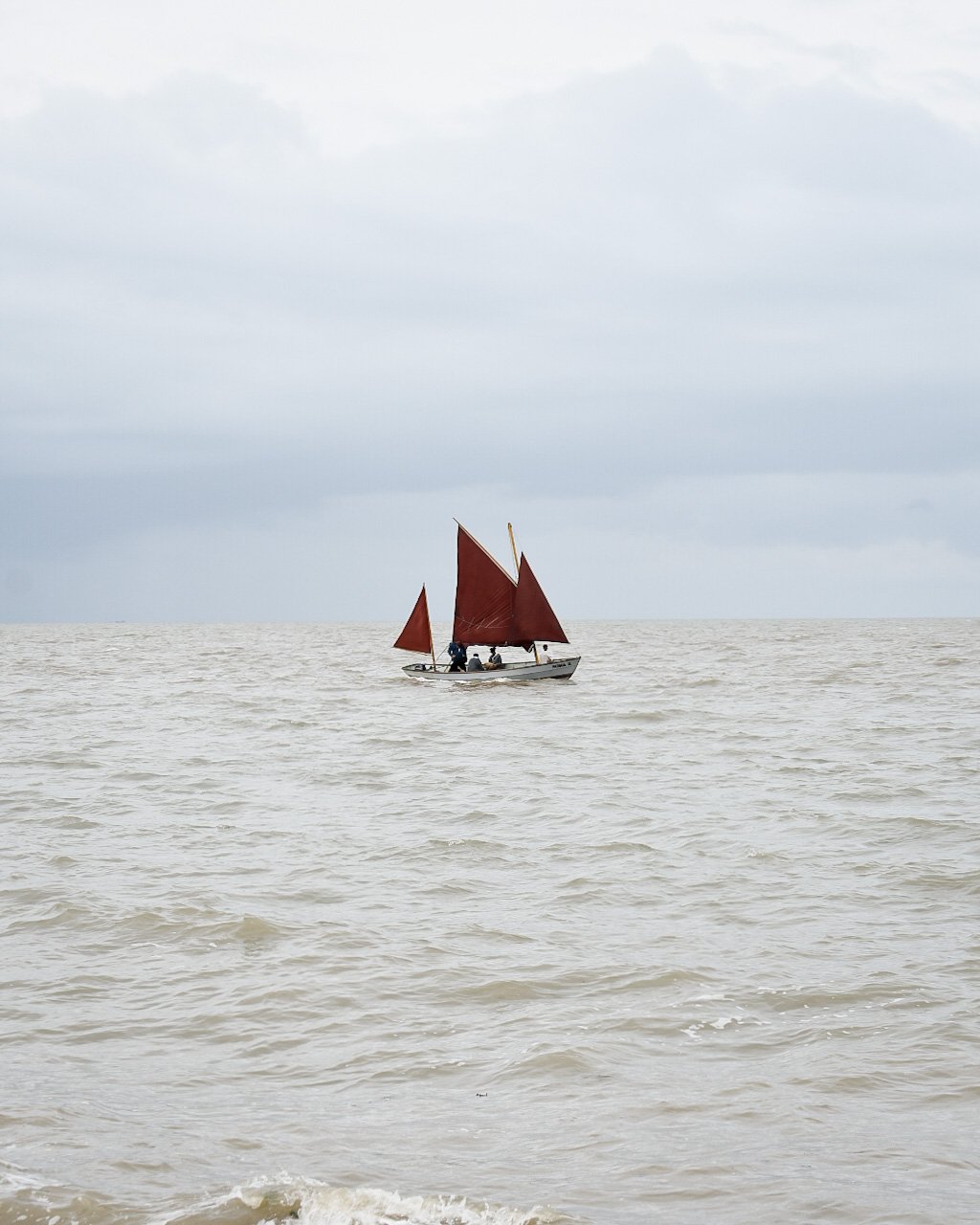
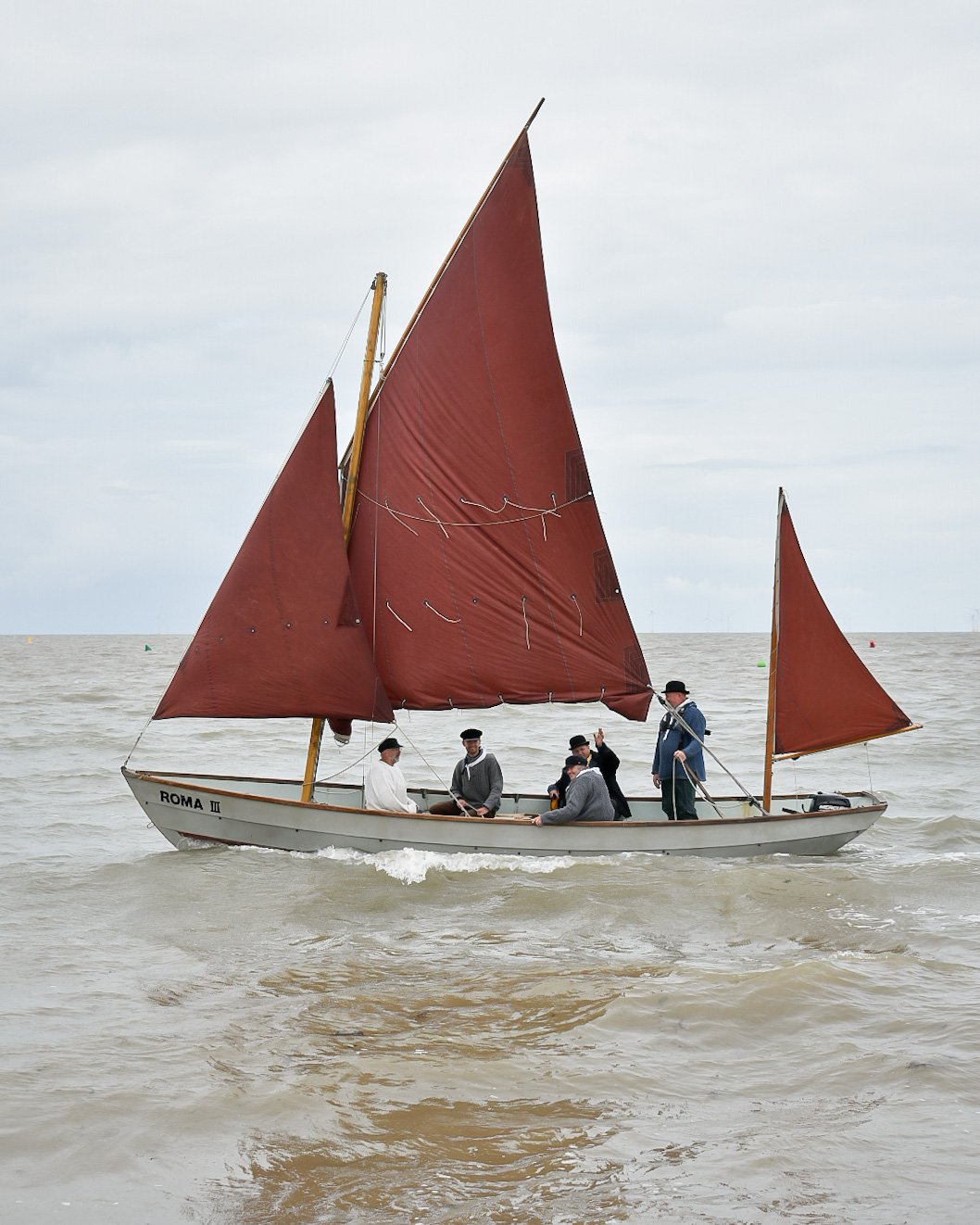
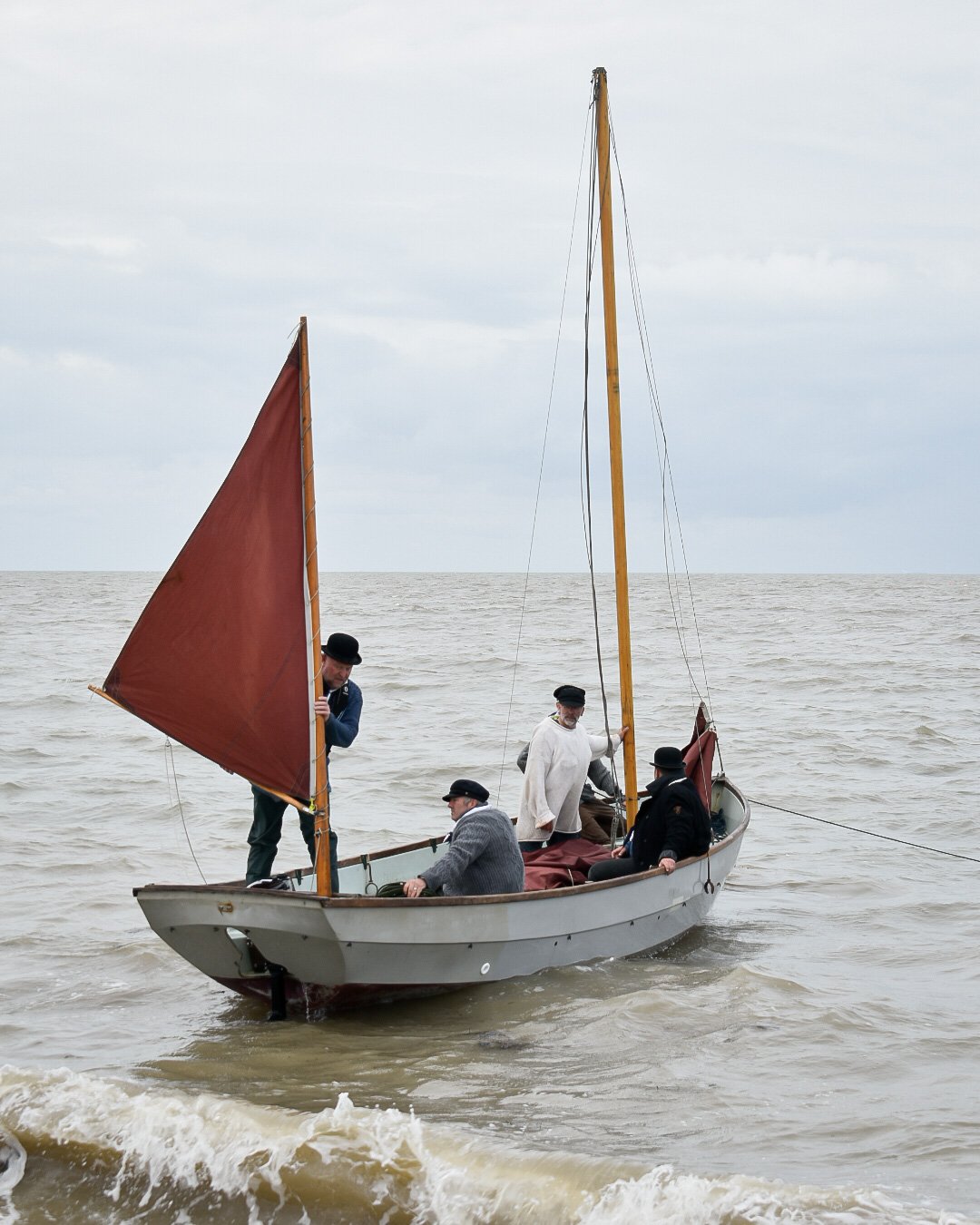
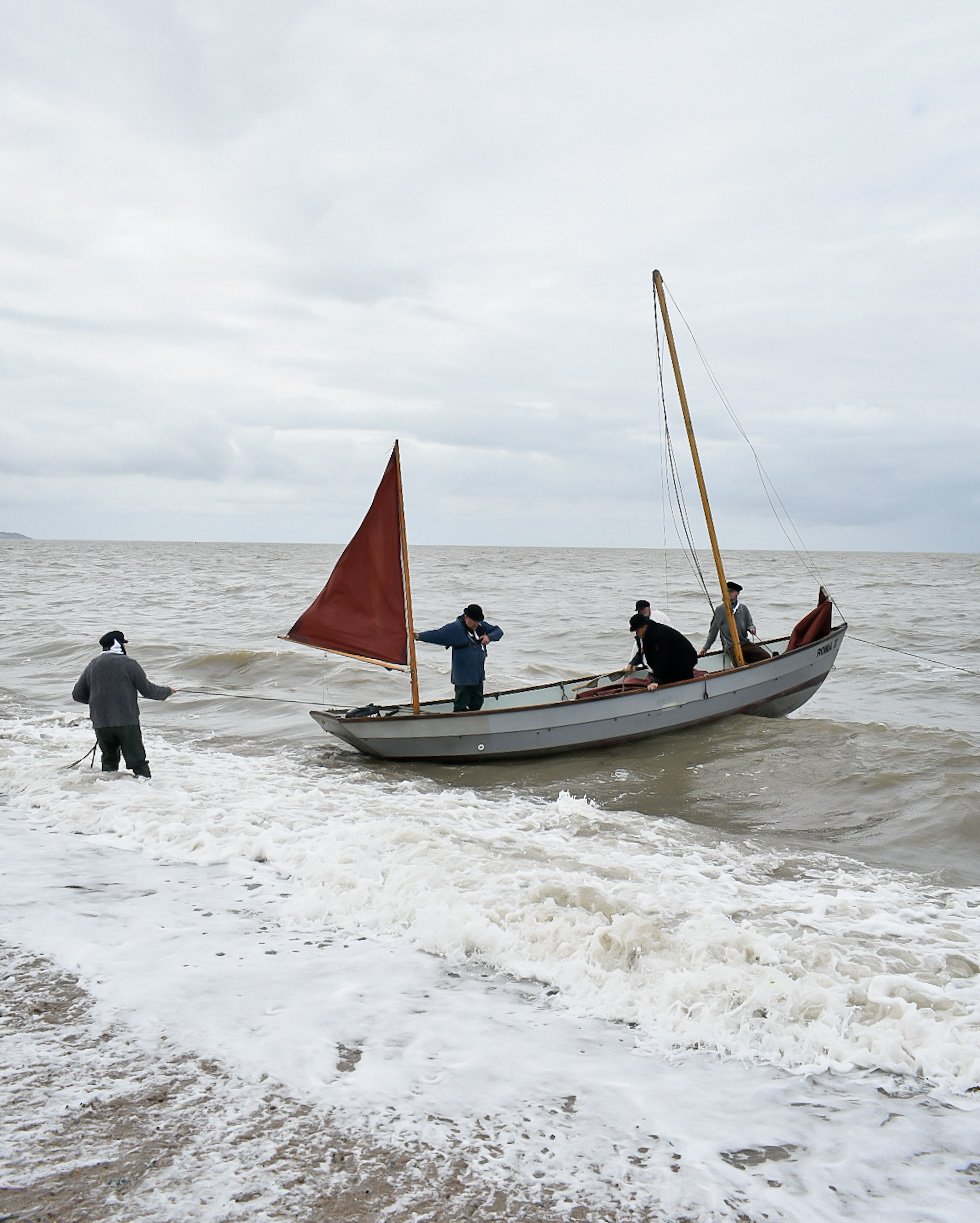
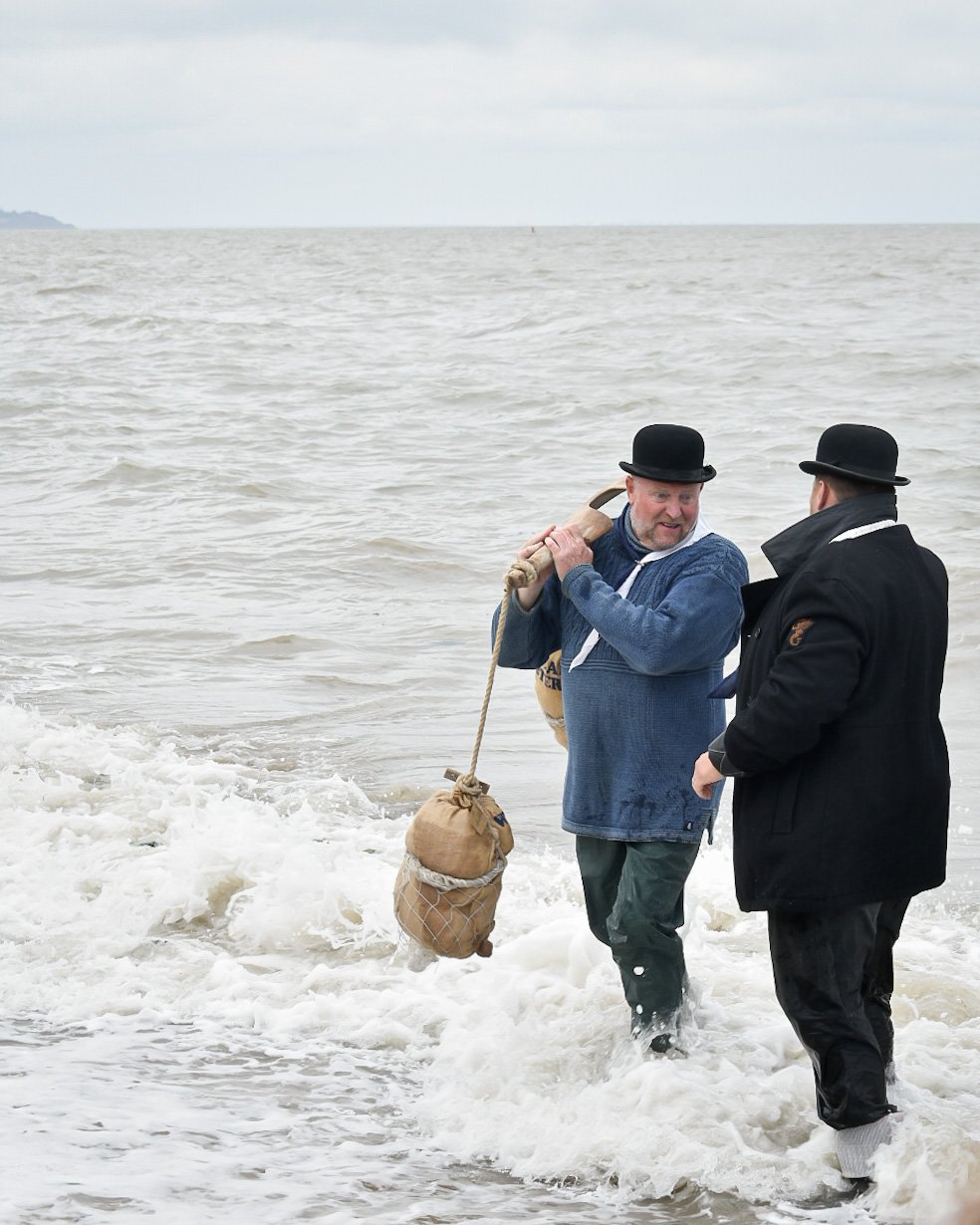
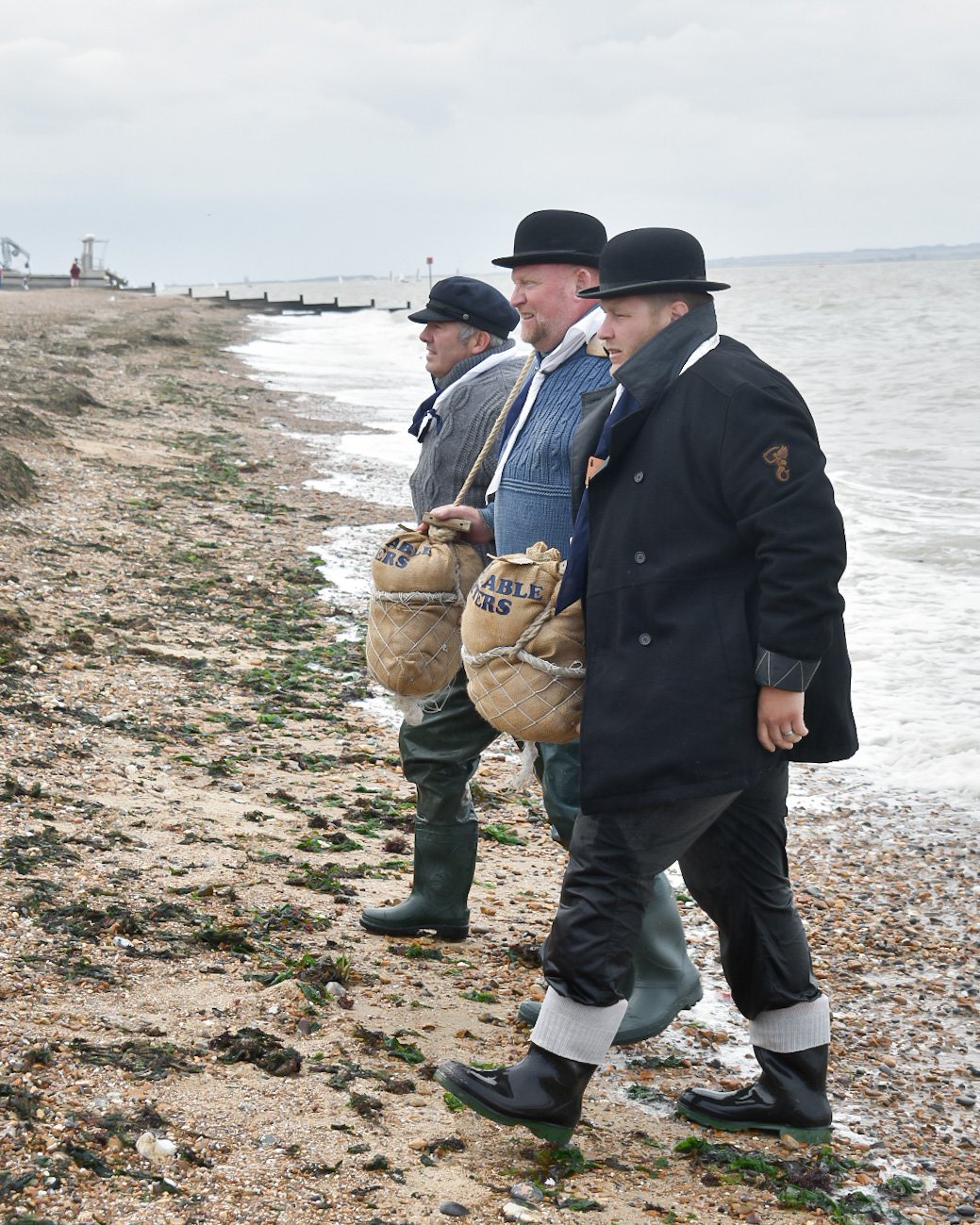
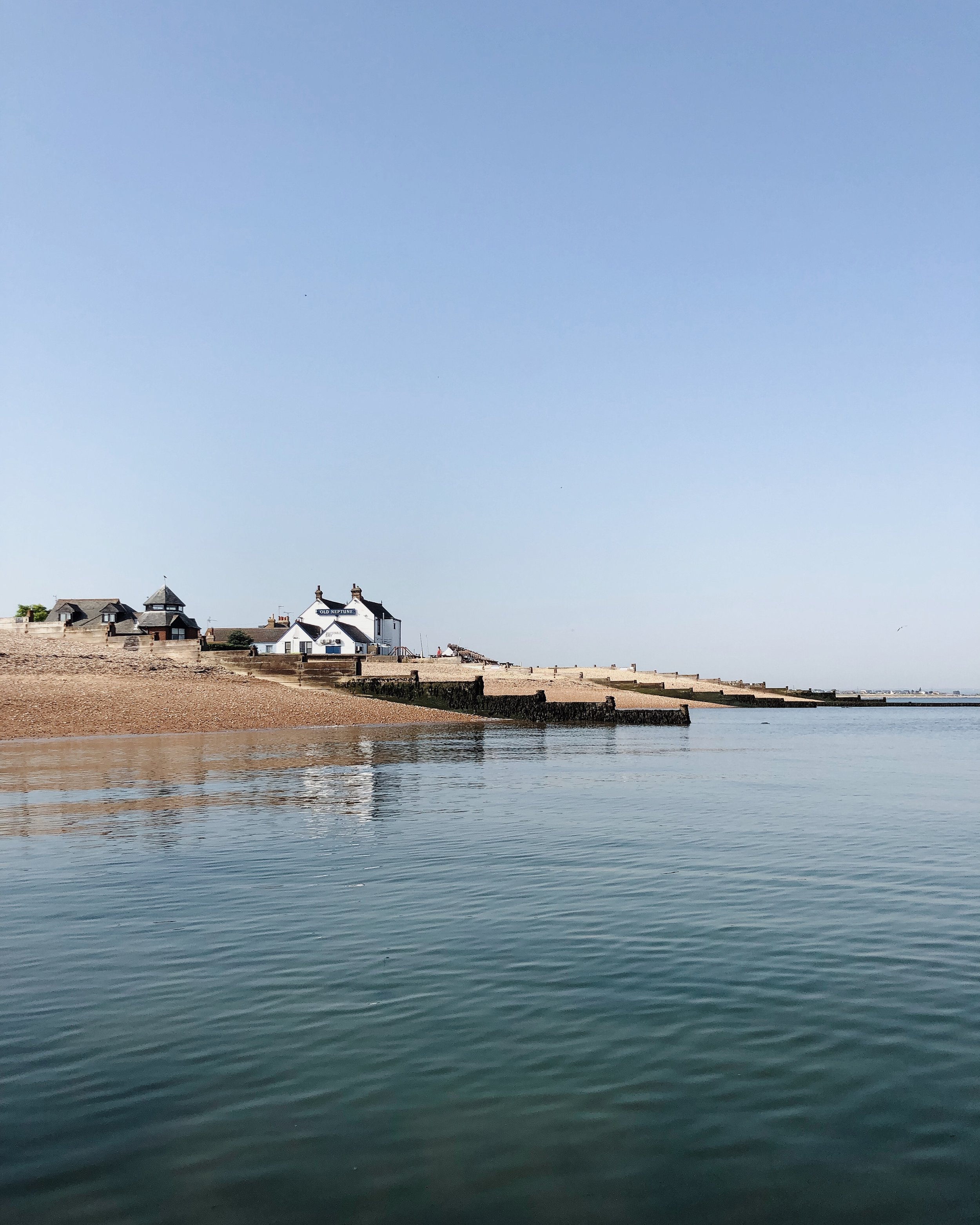
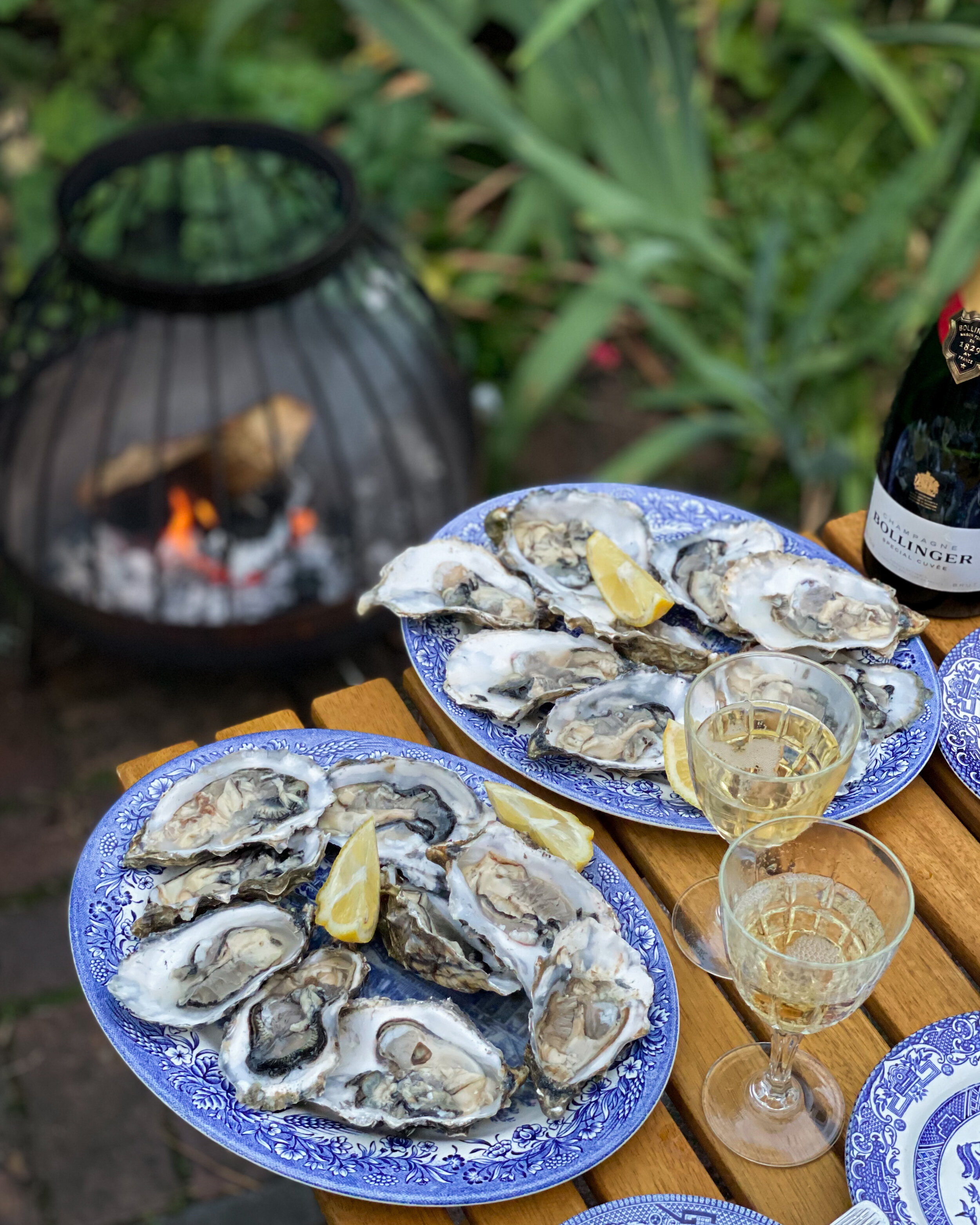
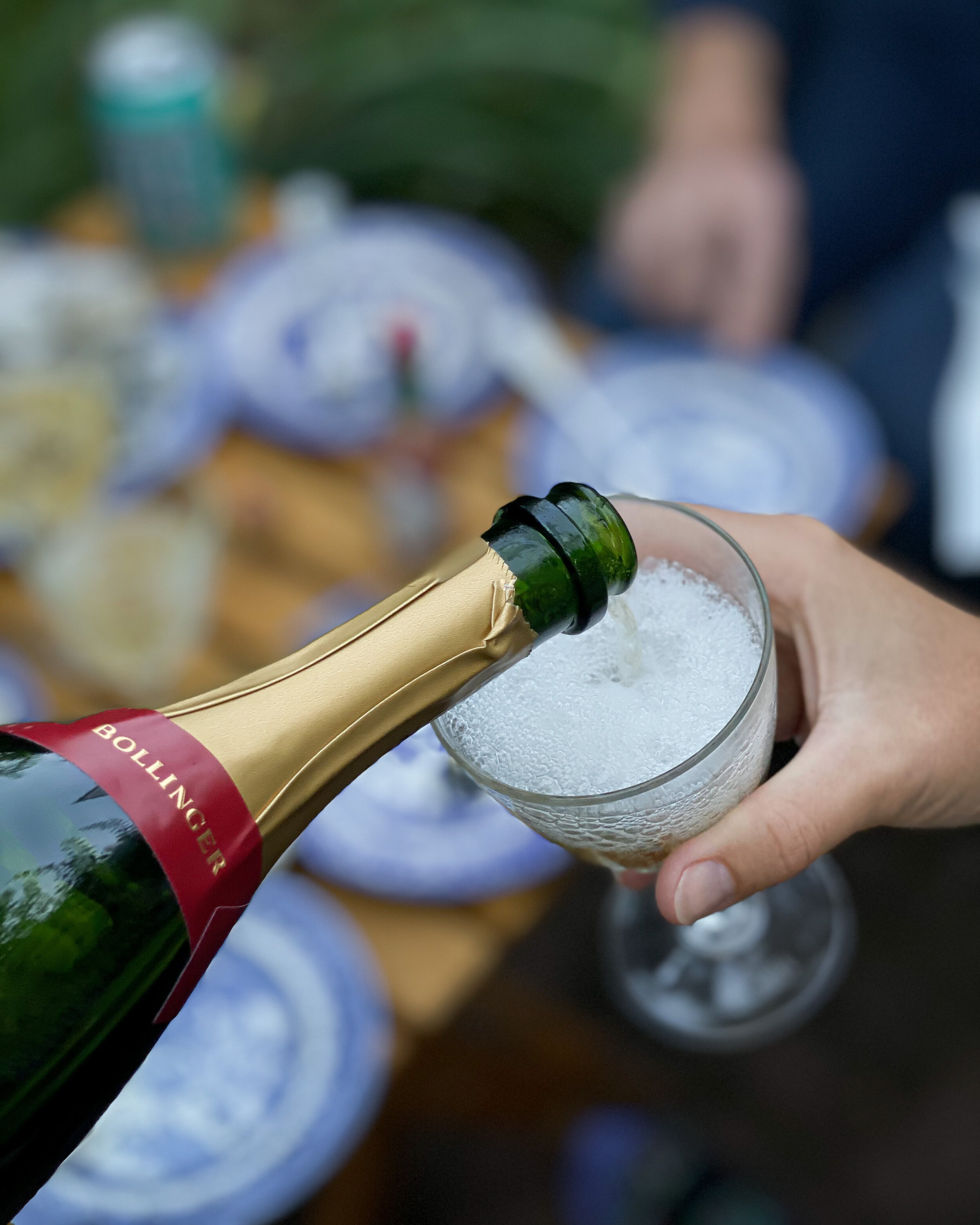
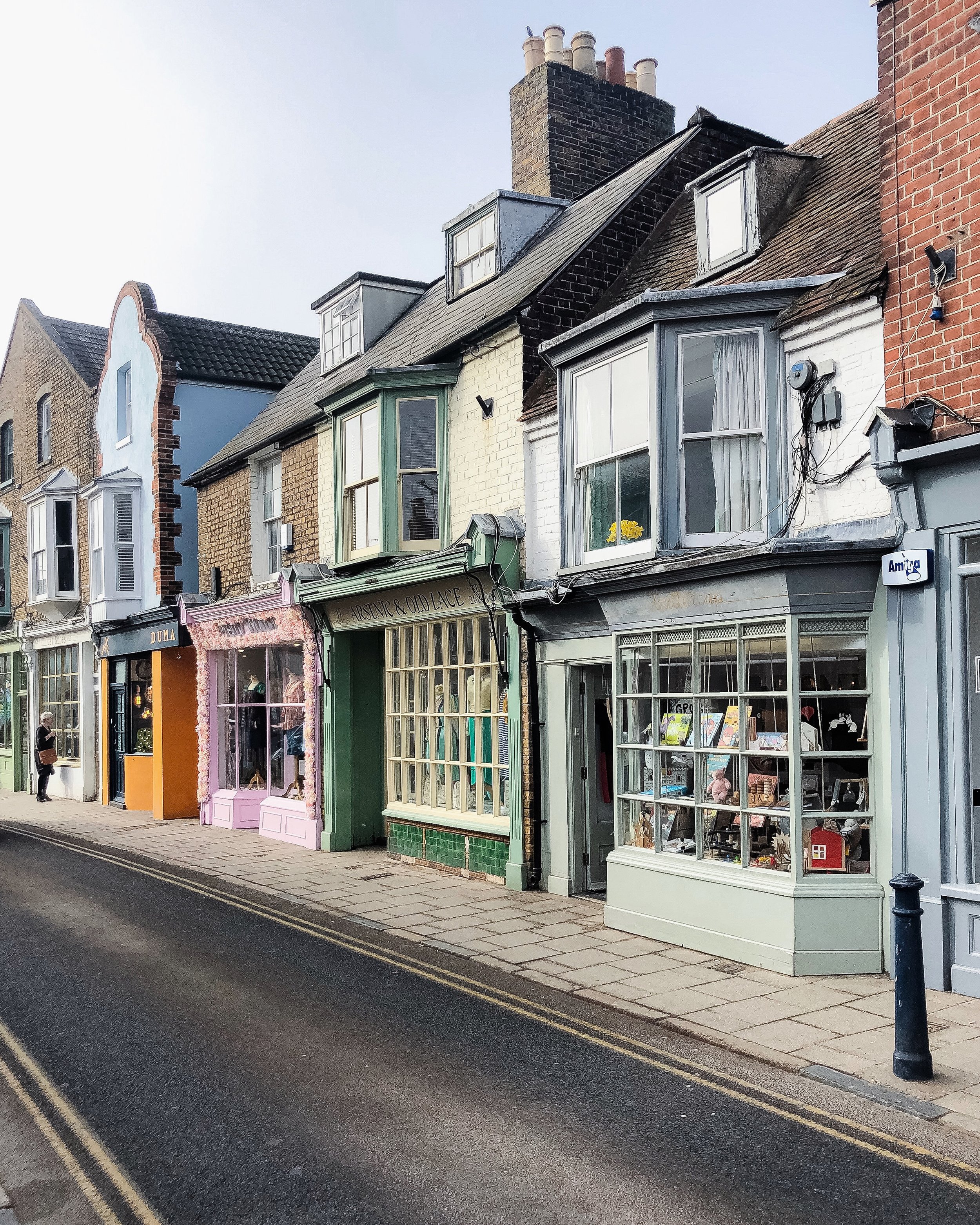
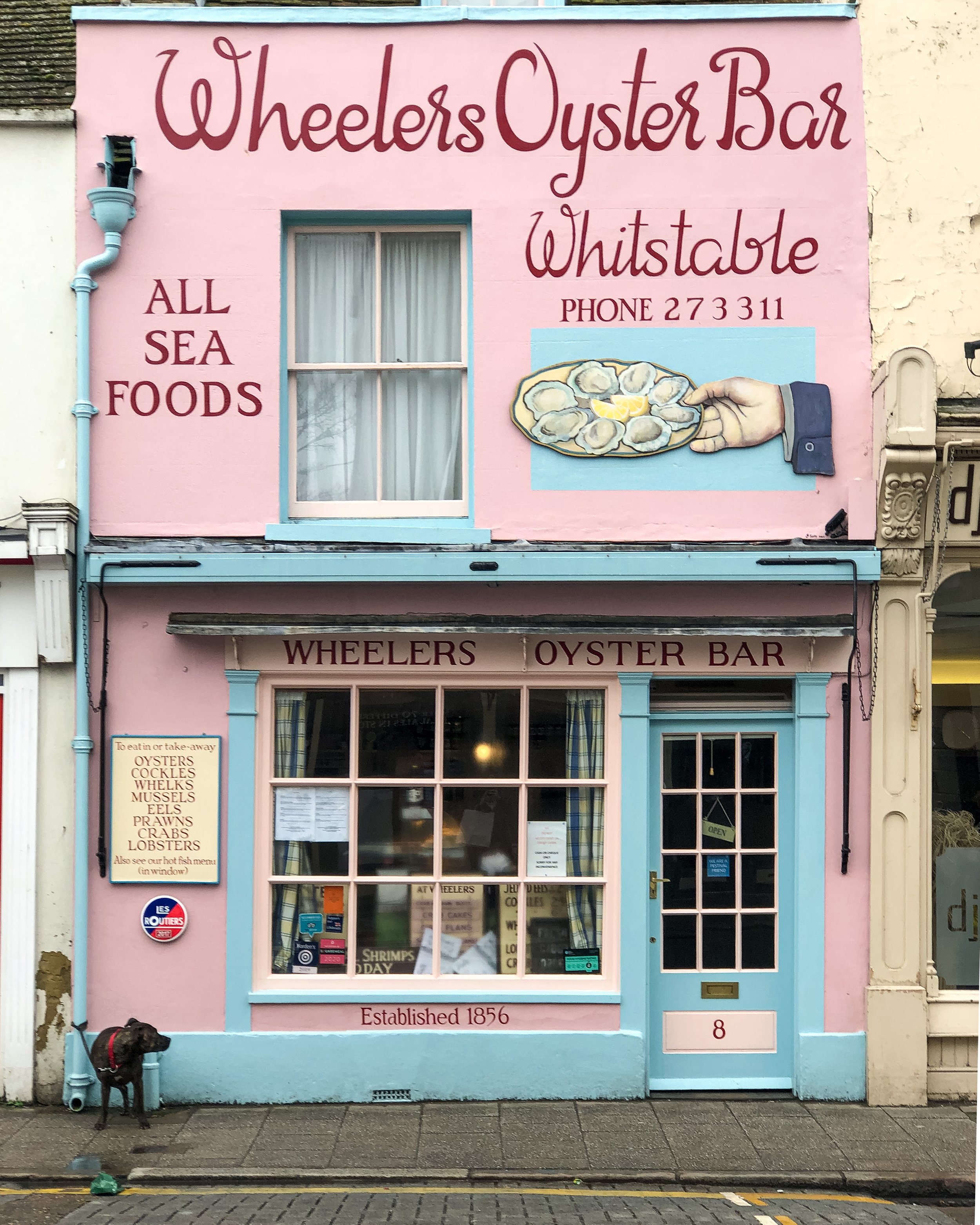
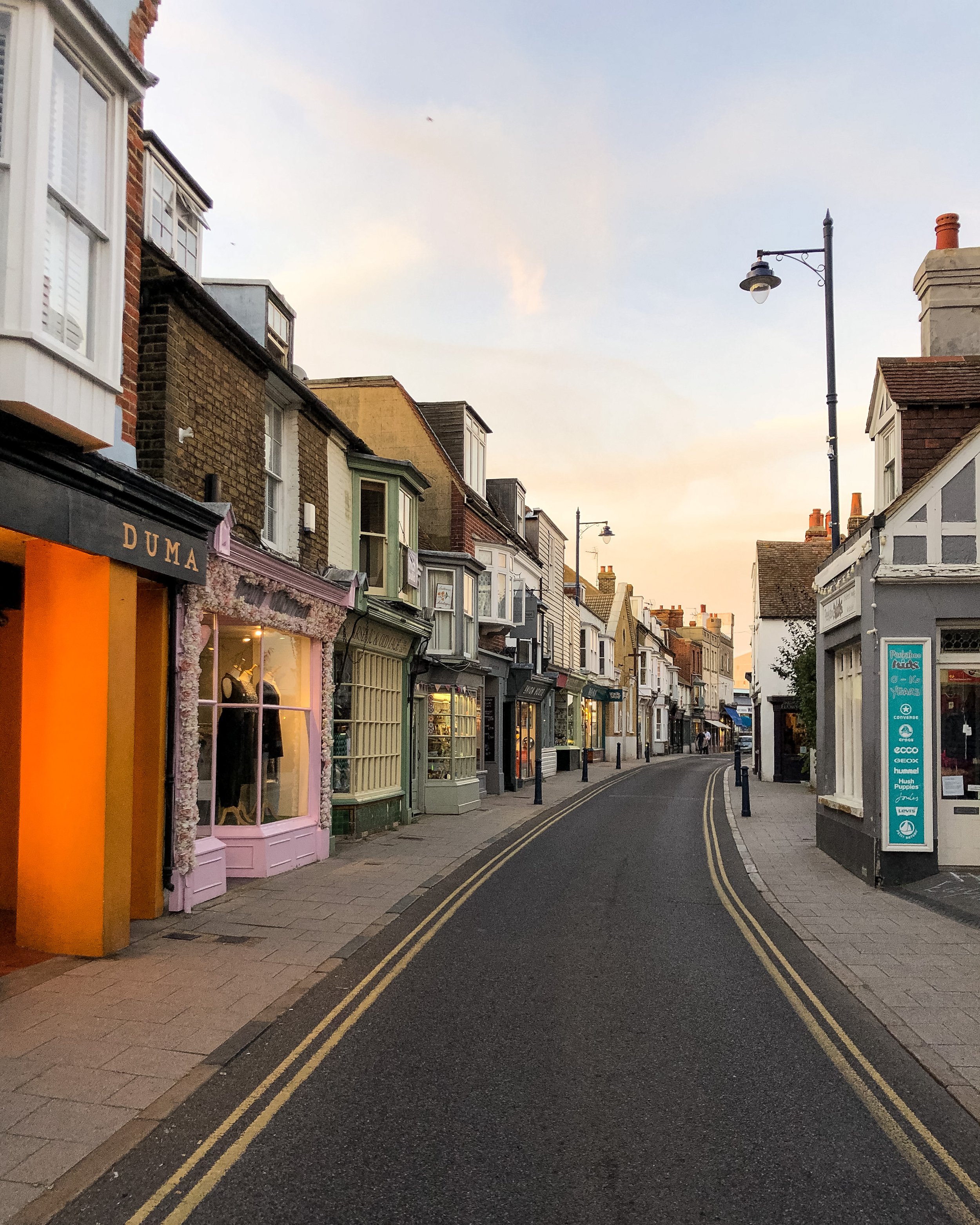
The seaside town of Whitstable, on the north-east coast of Kent in the UK, has been known for its oysters since Roman times. At its peak in 1865, the town sent 80 million oysters a year up the Thames to London’s fish market at Billingsgate. They were plentiful, nutritious and cheap, used to fill out steak pies—poor people’s food. By the 1960s, however, Whitstable’s heyday as a supplier of oysters had long since passed, although the town was still a popular day trip and bathing destination for Londoners, particularly south Londoners.
The Company of Free Fishers and Dredgers of Whitstable was formed in 1793, becoming the Whitstable Oyster Fishery Company in 1895. This company still owns the beds on which oysters are produced—both the wild Whitstable Natives (Ostrea edulis) and the cultivated Pacific Rock oysters (Crassostrea gigas). The oyster beds are located directly offshore from the town and are clearly visible at low tide—the Pacific Rock oysters are farmed in bags on trestles in the intertidal zone and the Natives are fished wild from the beds off Whitstable.
In the 1980s the Green family acquired the company and began the process of reviving its fortunes, opening a tea room and subsequently a well-regarded fish restaurant in its main warehouse next to the beach and eventually, from 2002, dredging for oysters again for the first time in 50 years. The 1990s and early 2000s saw the start of a foodie revival in the town, with Stephen Harris’ Michelin-starred gastropub The Sportsman opening its doors on the edge of the nearby Seasalter Marshes, and a number of cafes and restaurants opening up along the high street — favourites include Grain and Hearth bakery, Blueprint Coffee, Wheeler’s Oyster Bar, and Samphire Bistro.
The annual oyster festival was revived in the 1980s, taking inspiration from the feasts held by fishermen in Norman times in the name of St. James of Compostella, the unofficial patron saint of oysters. The festival takes place over a weekend, usually in July, and starts with a traditional blessing of the oysters, which are brought ashore ceremonially in a traditional oyster yawl by members of the Whitstable Oyster Fishery Company and then carried in procession along the high street to be shared among its restaurant clients. This is followed by games and competitions (tug of war in the mud, anyone?) and in the evening, the building of oyster “grotters”, circular cairns of oyster shells with a candle inside, lit as the sun goes down so that they flicker and gleam along the beach in the dark.
The Whitstable Oyster Festival is usually held in July, although in 2020 it was cancelled due to the pandemic, and in 2021 it was held on the last weekend in August. Most events are free.

